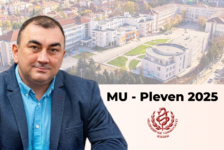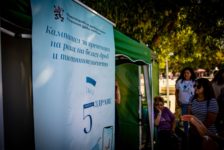DIGI4Care in Sofia: How Digitalization Transforms Early Diagnosis and Patient Care
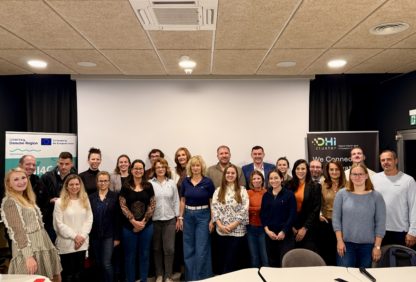
From October 6 to 8, 2025, we hosted the fourth international peer-review meeting of the DIGI4Care in Sofia.
Over the course of three days, we welcomed representatives of seven international organizations from Hungary, Austria, the Czech Republic, Slovakia, Romania, and Bosnia and Herzegovina, who had the opportunity to explore the progress of the two Bulgarian pilots - Pilot 1 (cardiovascular diseases, type 2 diabetes, and diabetic retinopathy) and Pilot 3 (long-term monitoring of patients with cardiovascular diseases and type 2 diabetes).
What Is Digi4Care about?
Digi4Care is a collaborative European initiative focused on enhancing care for individuals living with diabetes, cardiovascular disease, Alzheimer’s disease, dementia and other cognitive disorders. by integrating smart, digital solutions into everyday healthcare.
These partner meetings are held regularly throughout the project to give each participating country the chance to present their pilot work, share progress, and exchange feedback. The goal is to make sure the lessons learned in each country can help improve care models across the entire Digi4Care network.
By reviewing each pilot step by step, the project partners can ensure that the digital solutions being tested are both practical and adaptable to different healthcare systems.
Day 1: Progress and Knowledge Exchange
The first day began with an overview of project progress, upcoming milestones, and key implementation challenges. Participants joined an interactive DIGI4Care Knowledge Platform workshop, where they exchanged ideas on how to enhance the platform’s content and functionality to support knowledge sharing and partner training.
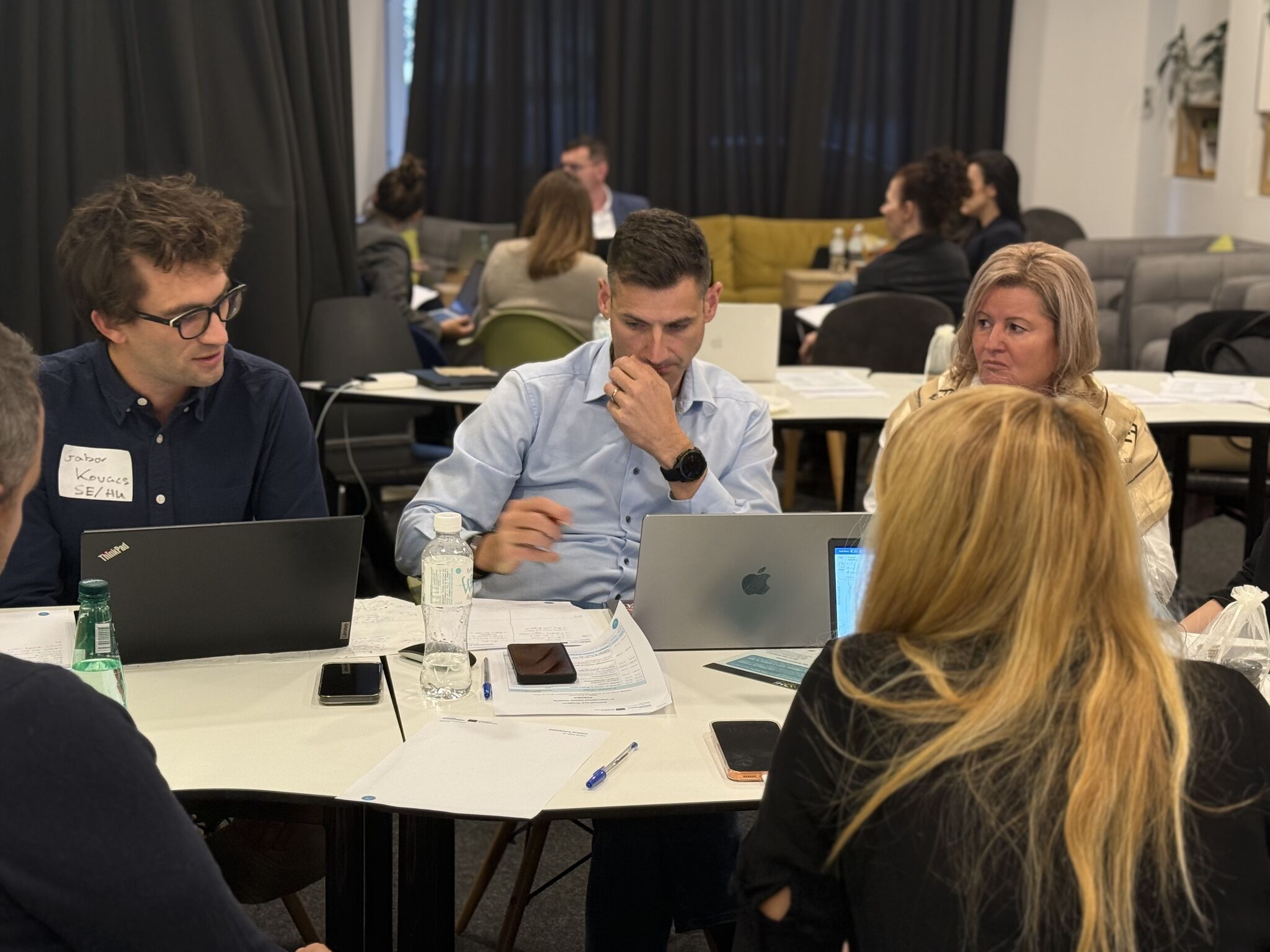
The day concluded with an informal networking session and the recording of several episodes of the DIGI4Care Podcast, featuring partners from different countries who shared insights from their pilot activities and impressions of the Bulgarian implementation.
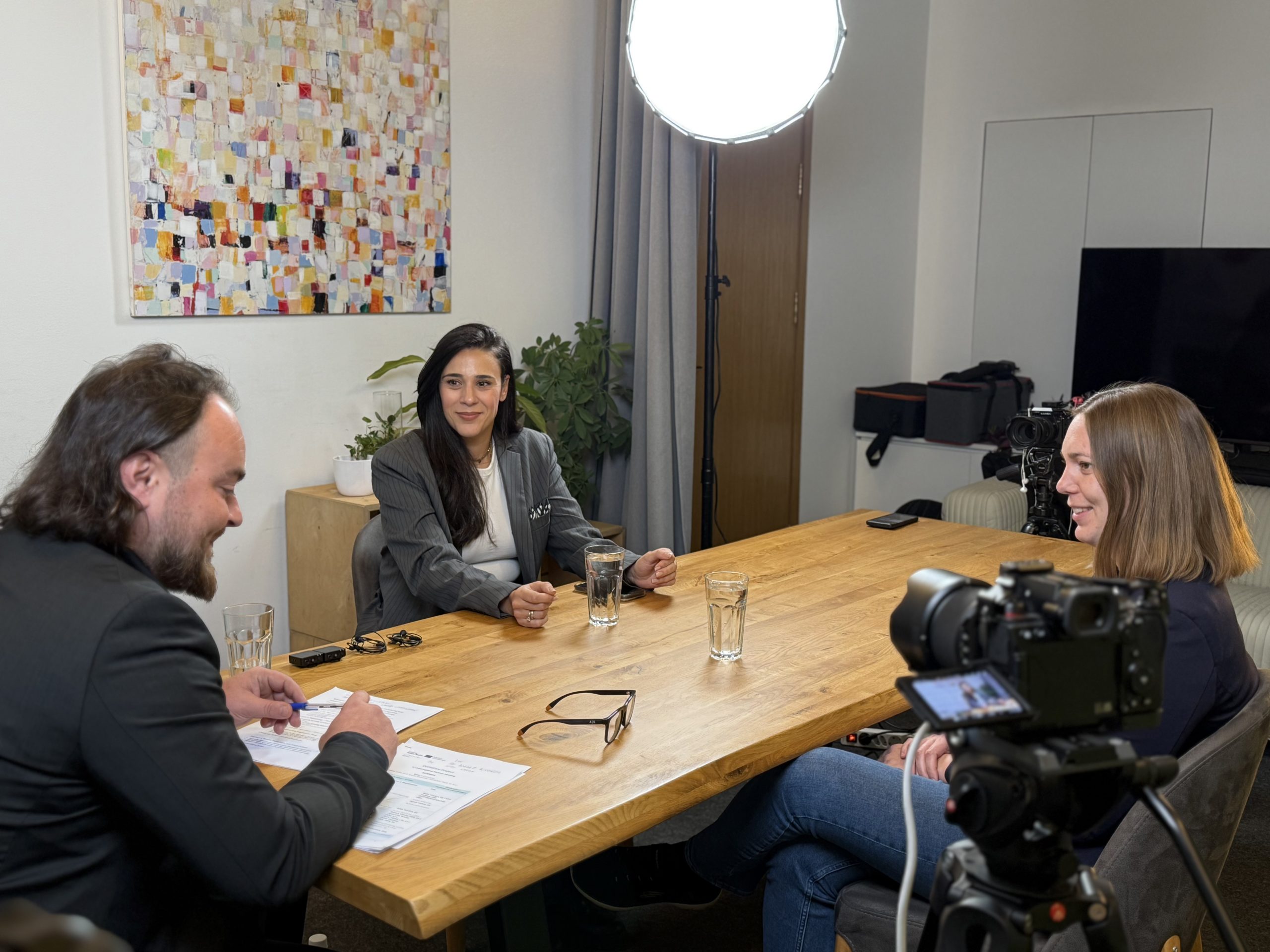
Day 2: The Bulgarian Pilots in Action
The second day was dedicated to site visits and peer exchange. Partners visited the 12th Diagnostic and Consultative Center (DCC XII) and Acibadem CityClinic University Hospital Vitosha, where they observed both Bulgarian pilots in real clinical environments.
At DCC XII, we demonstrated the Hubis Telemedicine, mobile station, which enables rapid screening for cardiovascular diseases and diabetes in just a few minutes. Patients undergo a series of measurements - including ECG, blood pressure, glucose, and lipid profile - while the system automatically calculates cardiovascular risk using the European SCORE2 methodology. Based on results and cardiologist assessment, high-risk patients can be enrolled in the second stage of monitoring, using the CPC 12S device by Check Point Care, which provides continuous real-time monitoring of over 20 vital parameters.
This model is complemented by an AI-powered solution for diabetic retinopathy screening - one of the most common complications of diabetes. A specialized fundus camera and the Aireen AI system perform a non-invasive retina scan in under 60 seconds, without the need for pupil dilation. This enables screening to be conducted in outpatient settings, even by non-medical personnel, significantly improving access to timely diagnosis, particularly in regions with limited ophthalmology resources.
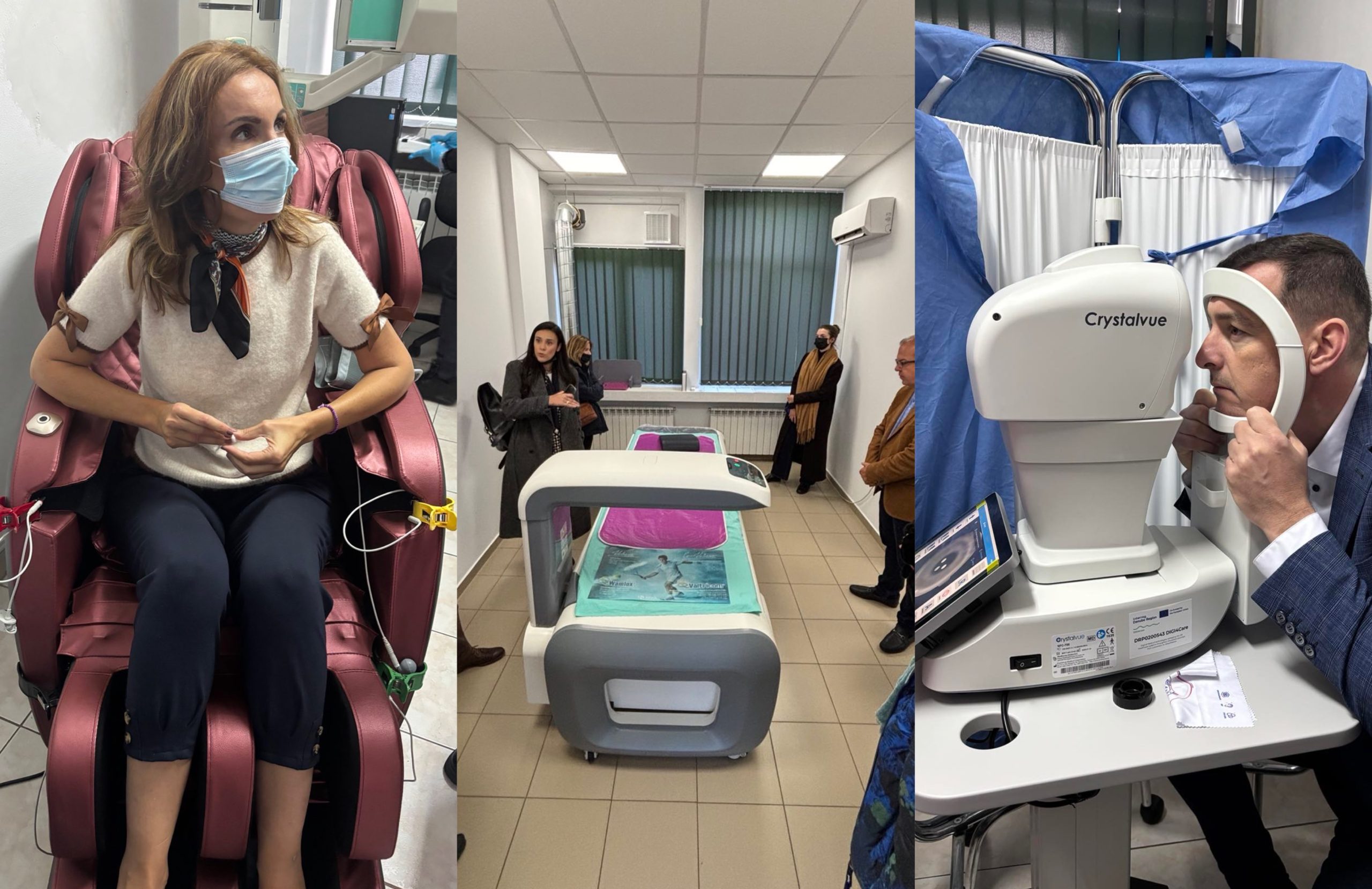
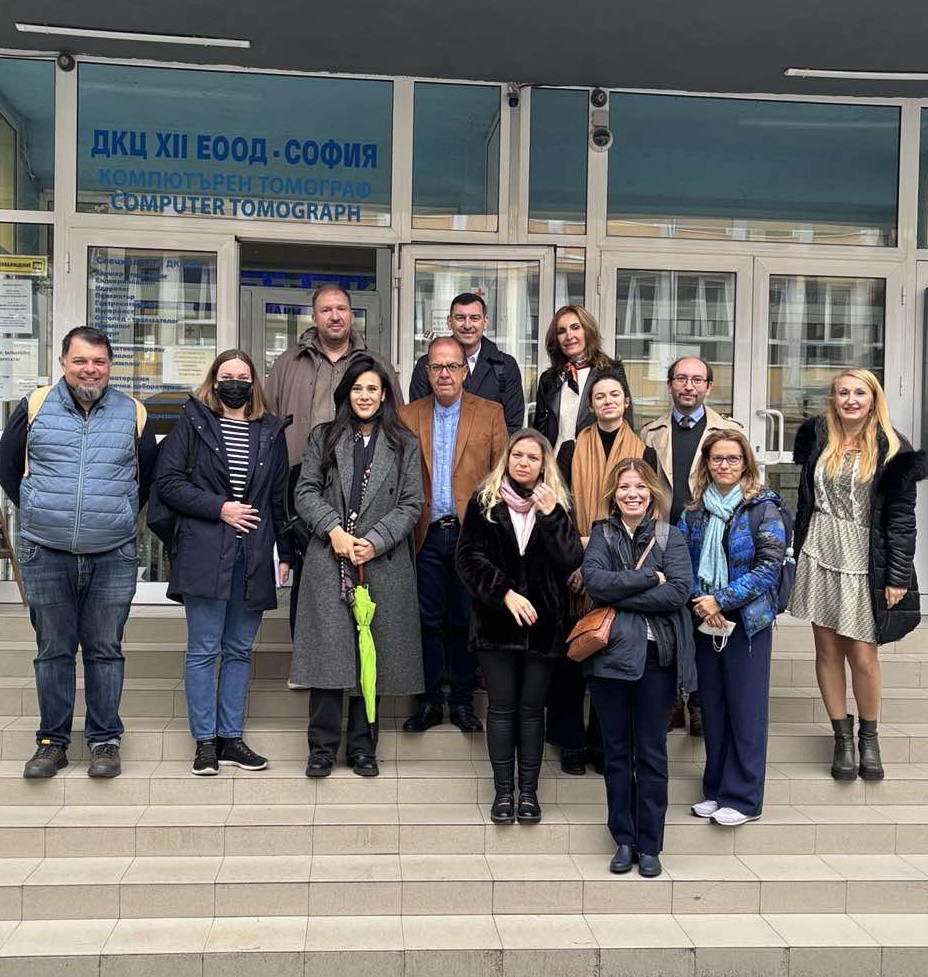
The second group visited Acibadem CityClinic University Hospital Vitosha, where Kelvin Health and Prof. Dr. Ivo Petrov demonstrated the use of AI-based thermal imaging technology for early diagnosis and monitoring of vascular diseases. The guests observed how Kelvin Health’s solution can be applied before, during, and after interventions - supporting quick triage by non-specialists, tracking the effects of revascularization in real time, and improving post-procedure follow-up.
During the visit, participants also had the opportunity to observe two live procedures in the catheterization laboratories, while the Kelvin Health team presented the data collection and validation process used within Pilot 3, supporting the clinical evaluation of the technology.
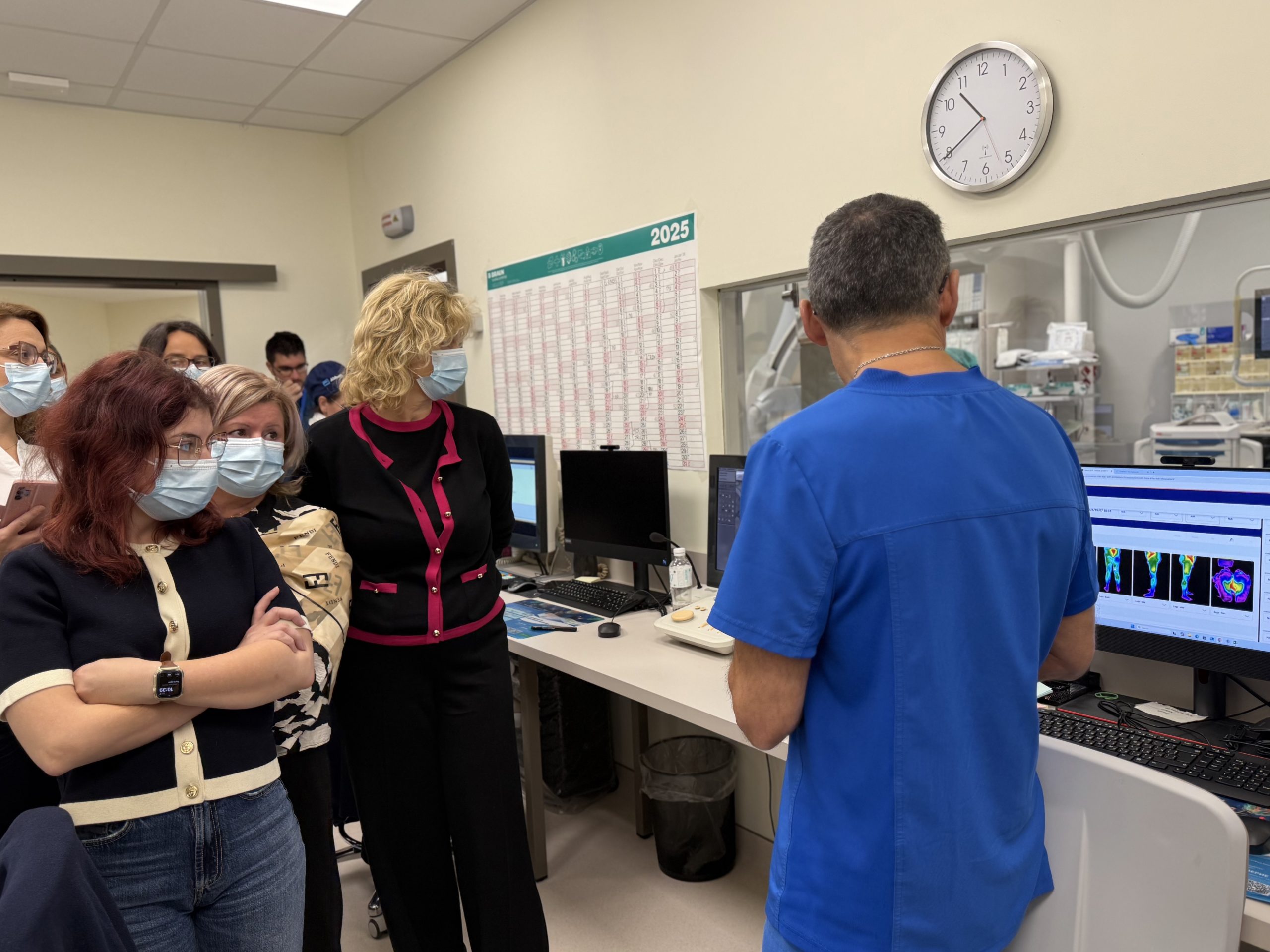
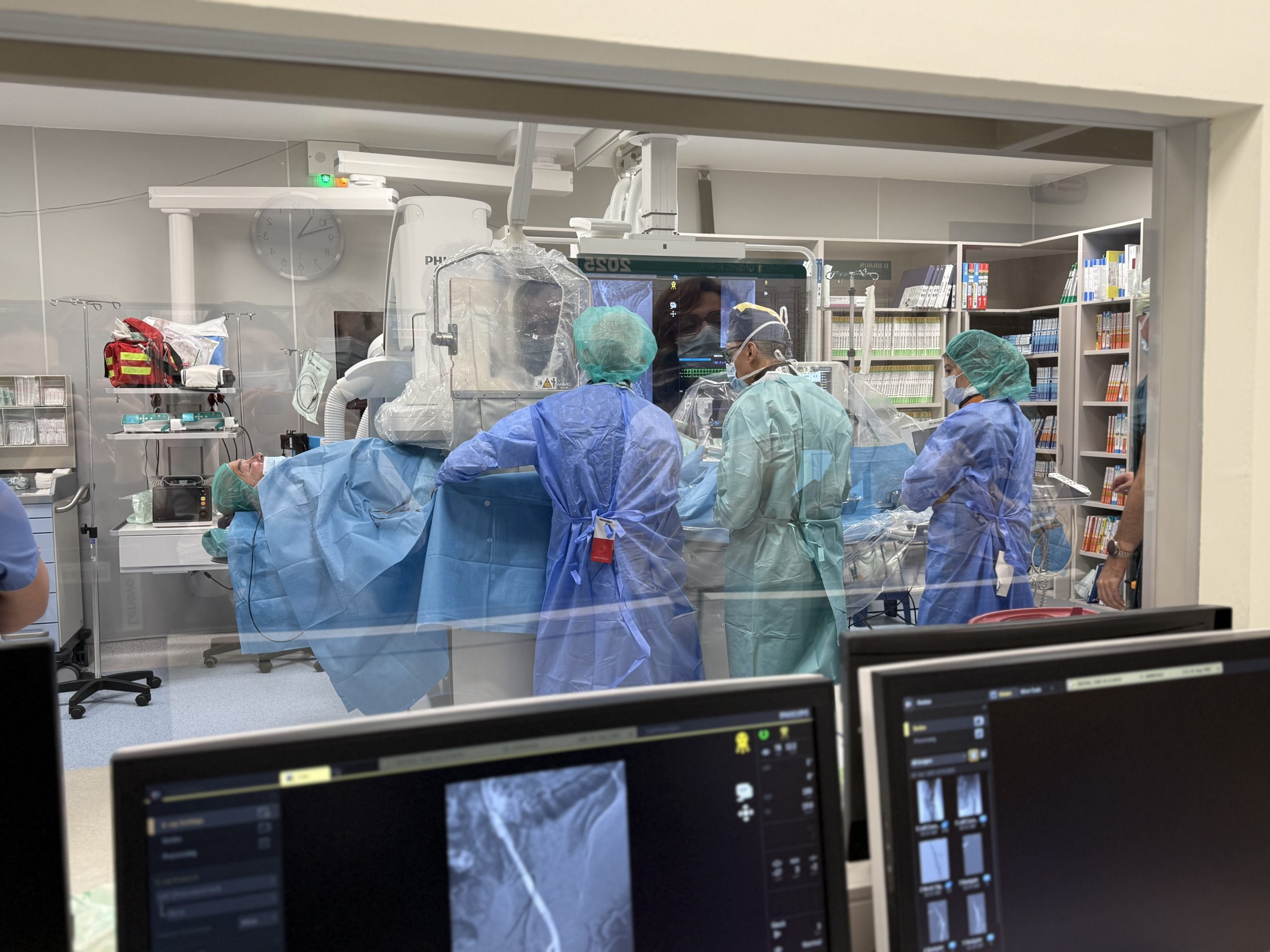
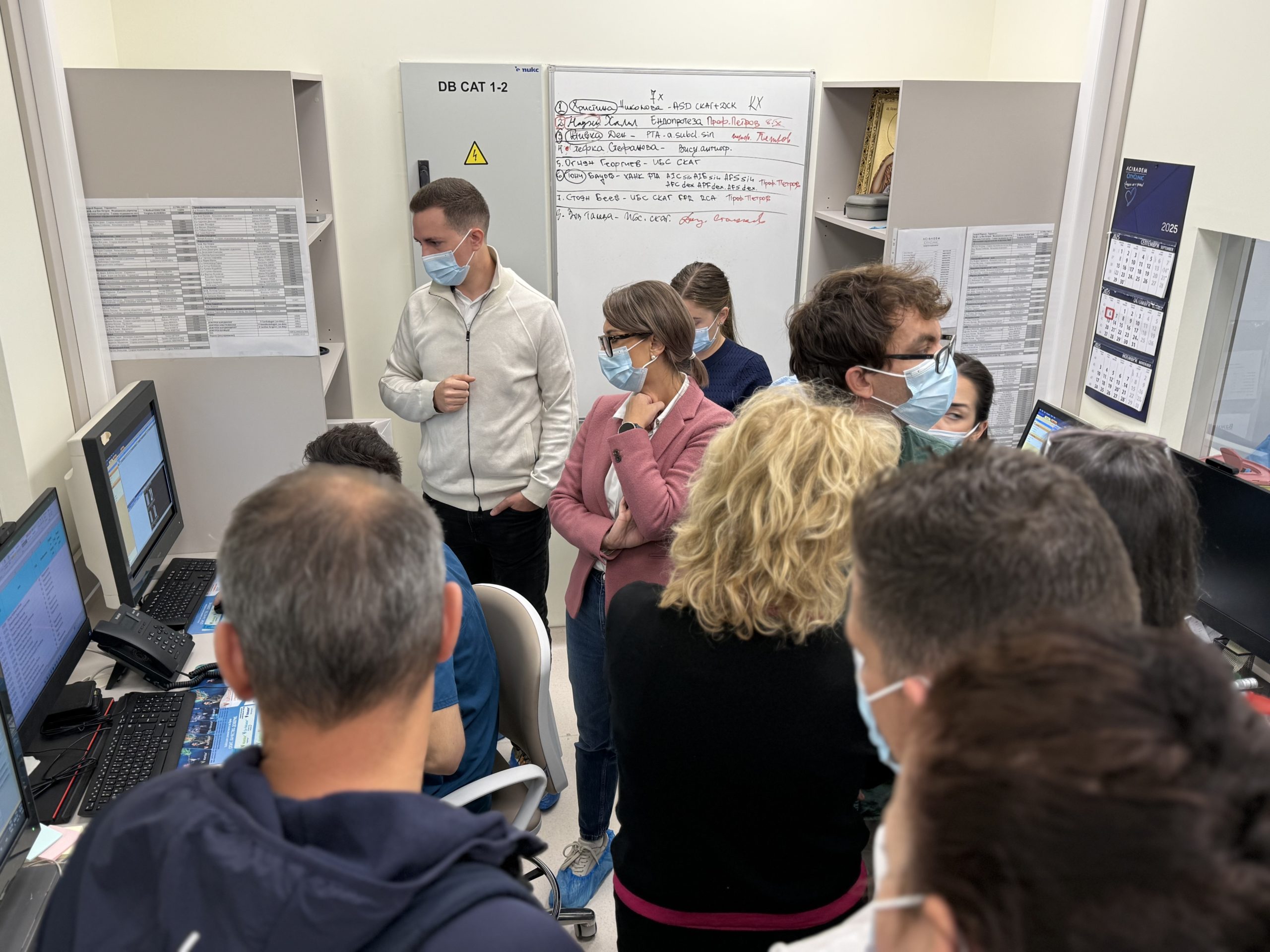
The afternoon continued with a peer-review workshop, featuring a SWOT analysis of both pilots and an open discussion on how to improve and scale their models. The day concluded with a pilot coordination session, where partners discussed evaluation frameworks, data management, and measurable impact indicators.
Day 3: Summary, Partnerships, and Future Vision
The third day was dedicated to summarizing the results and conducting a mid-term evaluation of all pilots within the project. The plenary session focused on new business models, scaling potential, and opportunities for integrating digital care pathways into national healthcare systems.
The closing session presented examples of how pilot results can be transformed into long-term impact - including the development of training materials and digital dashboards, which will be integrated into the project’s Knowledge Platform.
We extend our special thanks to Junior Achievement Bulgaria and The Edge, who hosted the meeting and kindly provided their venue for the event. On the final day, Milena Stoycheva and Elena Nikolova introduced the international guests to the work of The Edge и Beyond Pre-Accelerator, shared their development vision, and invited DIGI4Care partners to explore future collaboration in supporting MedTech and HealthTech startups in the Danube region.
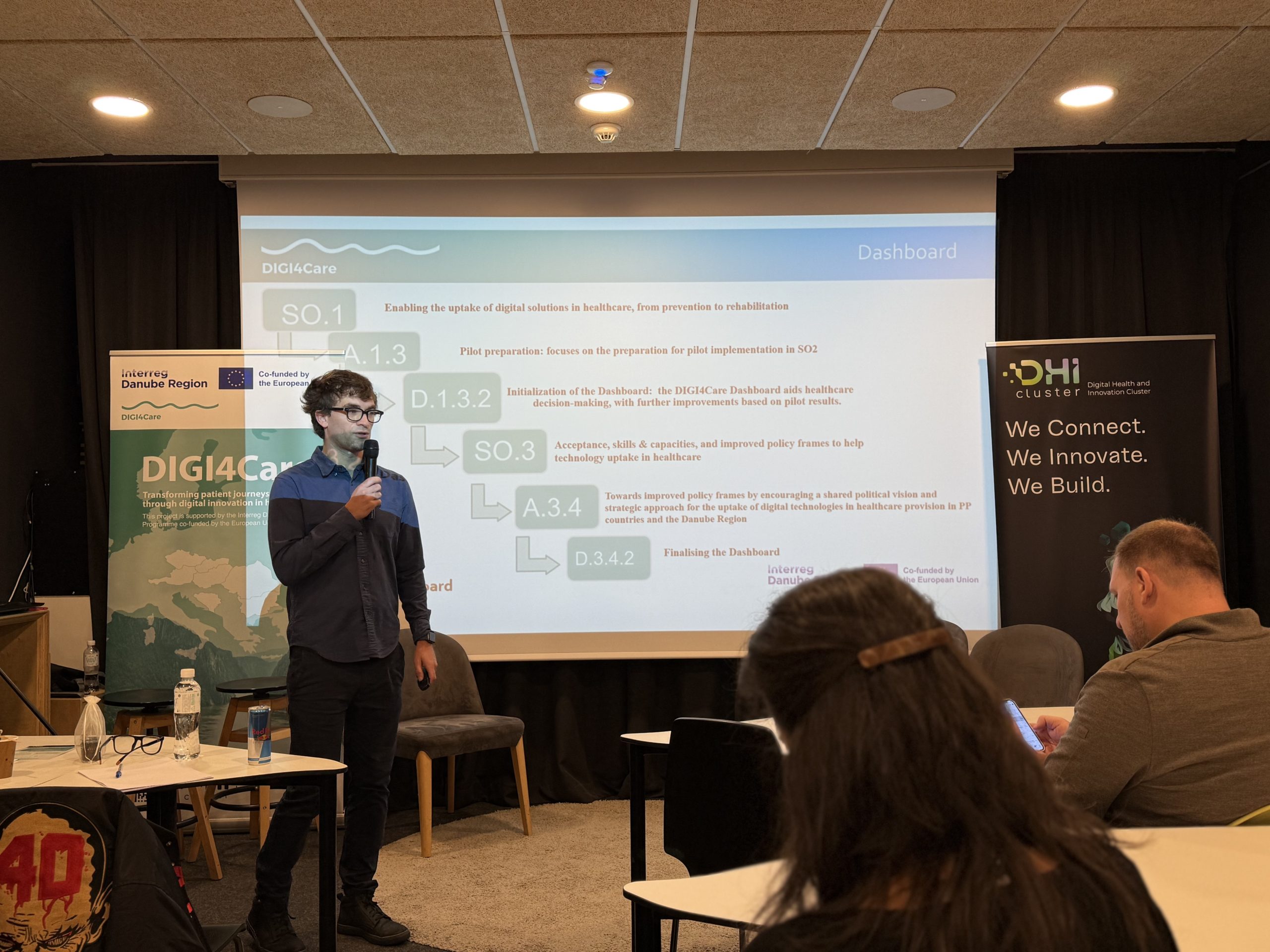
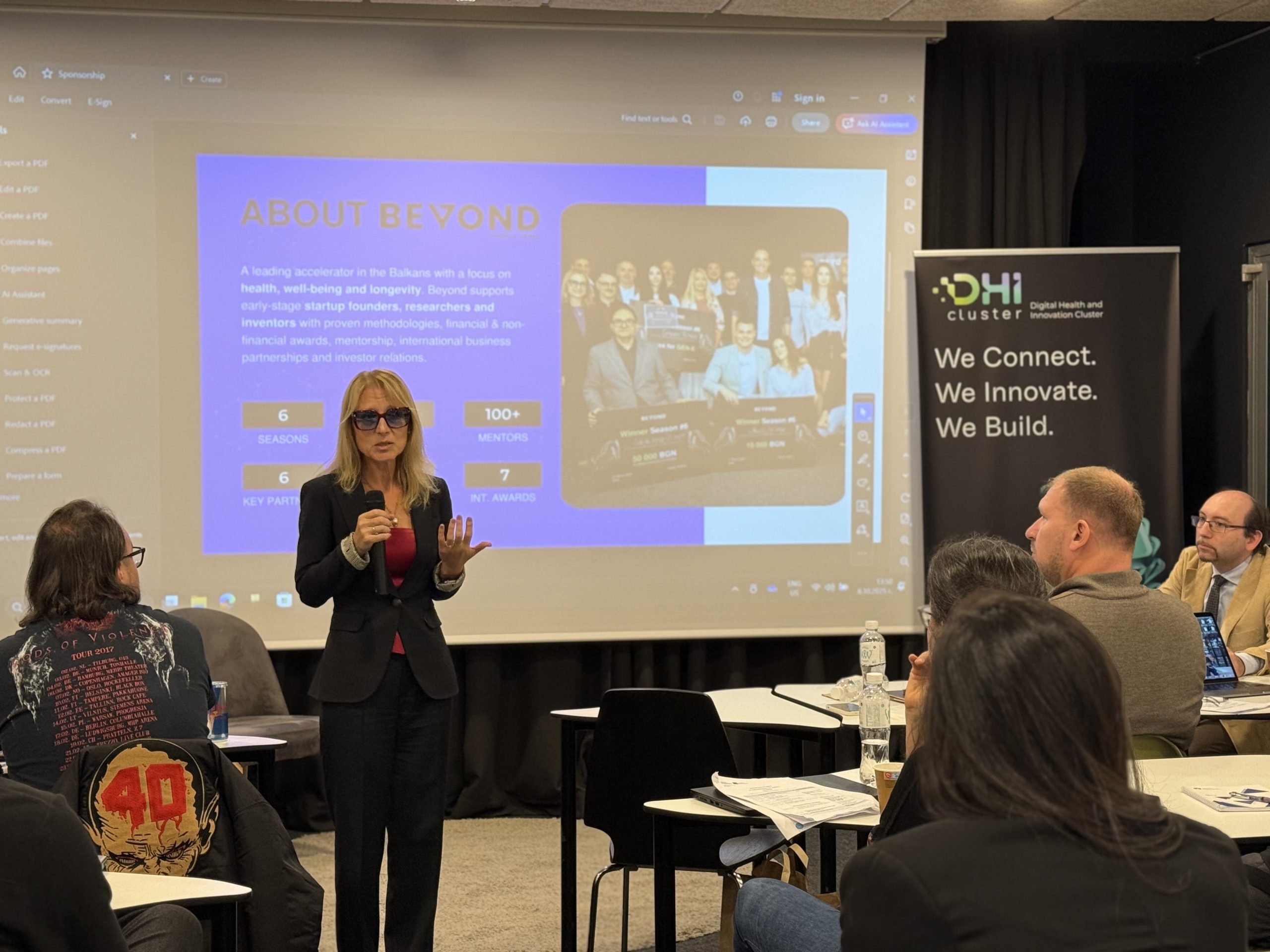
DIGI4Care: A Model for Digital Care Without Borders
The Bulgarian DIGI4Care Peer Review in Sofia showcased not only technological innovation but also the strong collaboration across the country’s health ecosystem - from clinical practice to digital innovation.
Together with partners such as Kelvin Health, Hubis Telemedicine, and Check Point Care, DHI Cluster Bulgaria demonstrated how innovation can become an integral part of daily medical practice, bringing healthcare closer to people and prevention closer to every community.
In the coming months, we will continue to share the project’s progress and Bulgaria’s ongoing contribution to the DIGI4Care mission.


